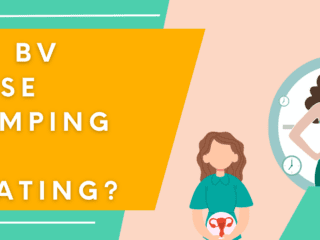Like many conditions, endometriosis may have no symptoms or many symptoms depending on the location, severity, and pain tolerance of the affected person.
Symptoms
According to John Hopkins Medicine, signs of this condition include:
- Pain, especially excessive menstrual cramps felt in the lower back and abdomen
- Pain during intercourse
- Abnormal or heavy menstrual flow
- Infertility
- Painful urination during menstrual periods
- Painful bowel movements during menstrual periods
- Other gastrointestinal problems, such as diarrhea, constipation, and/or nausea
- Severe fatigue
FAQ
What are the first signs of endometriosis?
Initial signs and symptoms are not always easy to identify, as symptoms will vary depending on location, severity, and pain tolerance of the woman. For some, menstrual issues include:
- heavy menstrual flow,
- long periods, and
- severe abdominal cramps or pelvic pain.
What happens when you have endometriosis?
When you have endometriosis, it is important to discuss all of your symptoms with your doctor, even if the symptoms do not appear to be related to endometriosis. After your doctor performs an evaluation and other diagnostic tests, they will discuss different treatment options that will be best for your individual case.
Disclaimer: this article does not constitute or replace medical advice. If you have an emergency or a serious medical question, please contact a medical professional or call 911 immediately. To see our full medical disclaimer, visit our Terms of Use page.





